Cork convoy diary: Team in touching distance of border 'working to get aid to people who need it most'
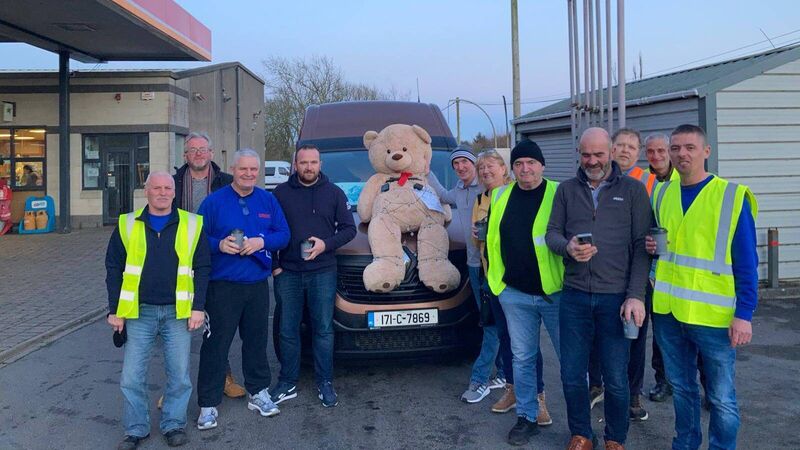
Caitriona Twomey said the group was now heading for the border crossing of Medyka, which is near the city of Przemyśl, two hours’ drive from their current location. icture: Dave Shine, Donal O'Keeffe, Chris O’Donovan, Tony Gardiner, Bear Hope, Dave Feeney, Caitríona Twomey, Dan, Kieran Keniry, Tomas Kalinski, Felipe Pombinho and Dave Varian en route to the Ukraine border with the Cork convoy.
Cork Humanitarian Aid Ireland’s convoy arrived in Tarnów in Poland, two hours from the Ukrainian border at 4am on Friday morning, 3am Irish time.
The group, which is made up of ten volunteers from Cork charities Cork City Missing Persons Search and Recovery (CCMPSAR) and Cork Penny Dinners, is bringing five vans, each containing approximately three tonnes of humanitarian aid donated by the people of Cork, to Ukrainian refugees who have fled the Russian invasion of their country.
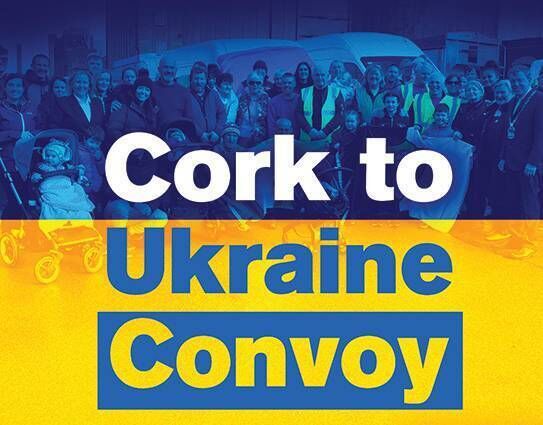
The convoy left Cork on Tuesday afternoon, arriving at Cherbourg in France on Wednesday afternoon, driving across France and staying in Belgium overnight, before driving across Germany and most of Poland on Thursday.
Caitriona Twomey said the group was now heading for the border crossing of Medyka, which is near the city of Przemyśl, two hours’ drive from their current location.
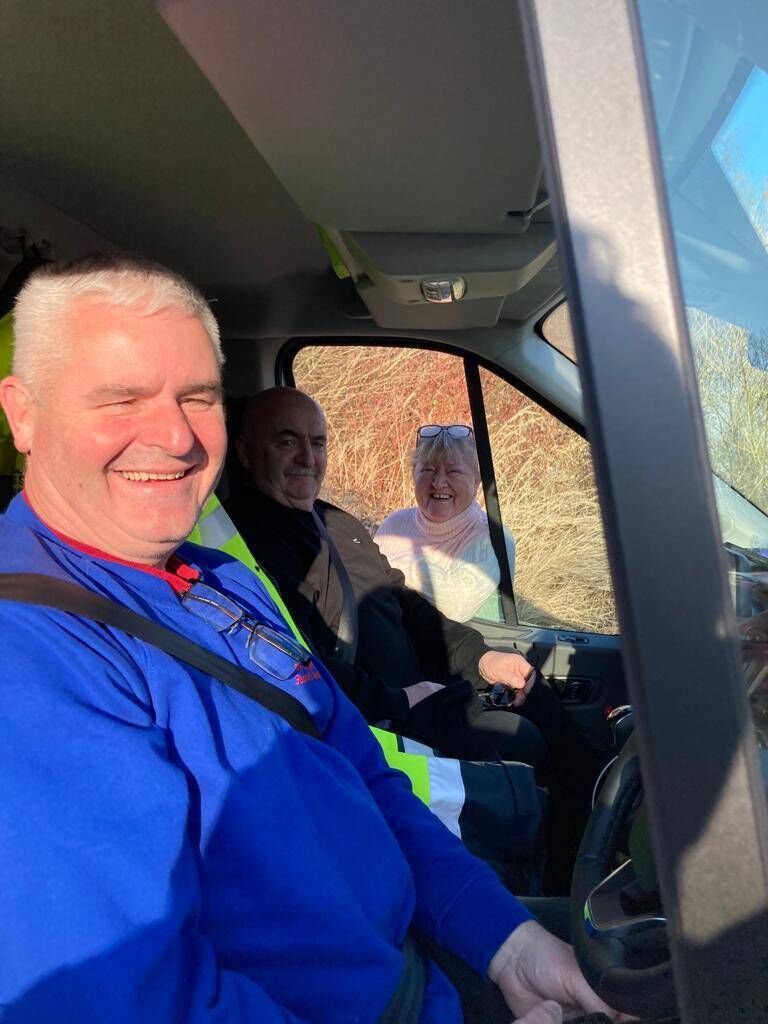
“The people of Cork have shown incredible generosity in supporting our appeal, and now our mission is to get that aid to people who are fleeing the worst violence imaginable,” Ms Twomey said.
“We’ve asked the Redemptorists to come and meet us at Medyka, so we can avoid a further 400 kilometre drive, after what has already been a gruelling cross-Europe journey.”
Jonah Lowenstein, a 21-year-old student from London who travelled to the Ukrainian border with his 57-year-old father, Paul, told The Echo they had come to Medykja from the UK with a van of humanitarian aid “to show it could be done”.
Mr Lowenstein, who has fond memories of childhood holidays in Crookhaven, said that for his father and him, it was a matter of family honour to help people fleeing tyranny.
“We felt we could not sit idly by as people were driven from their homes by the invading forces of a dictator, so we organised what supplies we could, and came out to Poland to help them in their hour of need.”
Mr Lowenstein said he and his father were now on their way home to the UK, having delivered their van-load to Medyka, where, he said, they had met “huge numbers” of refugees at the Ukrainian border, mainly women and children, who were traumatised by what they had experienced.
With night-time temperatures along the border dipping to minus ten, cold is a concern for aid workers attending to refugees.
“It’s so slow, and cold, and people are existing in soul-crushing boredom at the border crossings,” Mr Lowensein said.
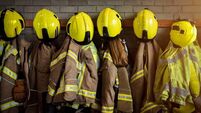
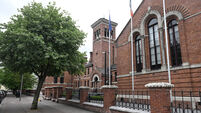
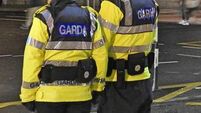




 App?
App?


